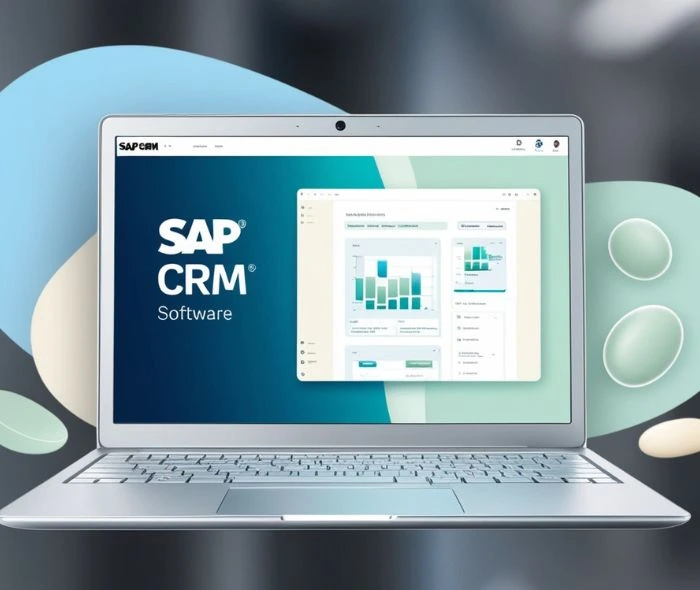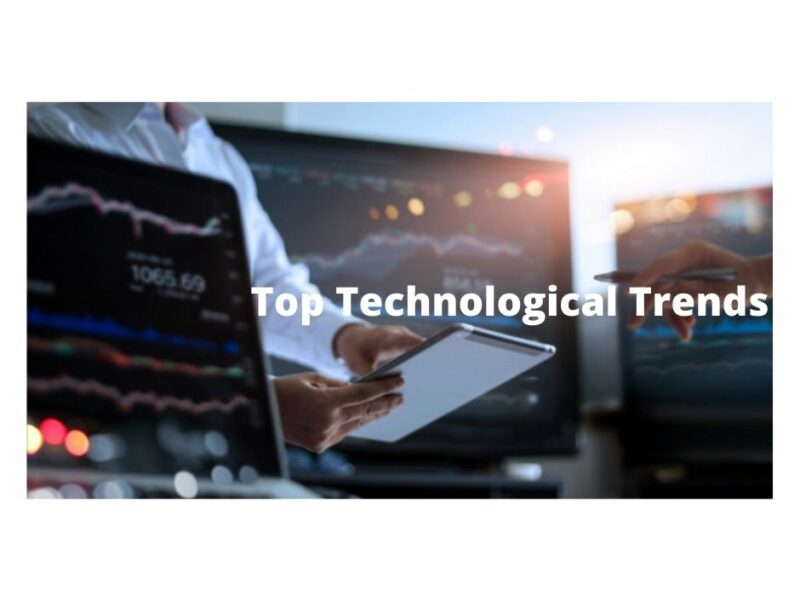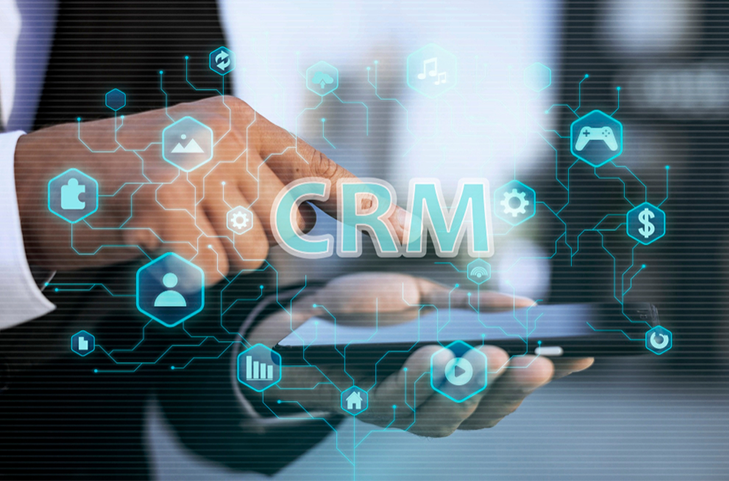In the fast-paced digital economy, enterprise resource planning (ERP) software plays a pivotal role in driving organizational efficiency. Among the many solutions available, SAP ERP continues to dominate the market, empowering businesses to streamline operations, optimize workflows, and enhance decision-making.
As we step into 2025, the adoption of SAP ERP has reached new heights, with a diverse range of companies leveraging its capabilities to stay ahead in competitive markets. In this article, we’ll explore the ultimate list of companies using SAP ERP in 2025, answer common questions about its applications, and uncover insights that highlight its unmatched value.
Top Companies Using SAP ERP in 2025
1. Apple Inc.
Known for its innovation, Apple uses SAP ERP to manage its global supply chain, ensuring seamless coordination between production, logistics, and retail.
2. Walmart
With thousands of stores worldwide, Walmart relies on SAP ERP to optimize inventory management and improve supply chain efficiency.
3. Toyota
As a global automotive leader, Toyota employs SAP ERP to streamline manufacturing processes and maintain top-tier quality standards.
4. Coca-Cola
Coca-Cola leverages SAP ERP to oversee its extensive distribution network and ensure operational consistency across international markets.
5. Nestlé
Nestlé, the world’s largest food and beverage company, uses SAP ERP to enhance supply chain visibility and drive cost efficiencies.
6. Procter & Gamble (P&G)
SAP ERP helps P&G streamline production planning and ensure the timely delivery of consumer goods worldwide.
7. Nike
Nike utilizes SAP ERP to manage inventory, track orders, and create a seamless customer experience.
8. General Electric (GE)
General Electric (GE), as a leading multinational conglomerate, utilizes SAP ERP to seamlessly unify and manage its wide-ranging business operations.
9. Unilever
SAP ERP supports Unilever in its quest to maintain sustainable practices while meeting global consumer demands.
10. Microsoft
Even as a competitor in cloud services, Microsoft uses SAP ERP internally for resource planning and operational efficiency
What Is SAP ERP?
SAP ERP (Systems, Applications, and Products in Data Processing) is a market-leading software solution that integrates core business functions like finance, logistics, human resources, and supply chain management. By centralizing data and processes, it enables organizations to improve operational efficiency and decision-making.
SAP ERP is trusted by businesses across industries, from multinational corporations to mid-sized enterprises, making it a top choice for organizations pursuing digital transformation in 2025.
Why Companies Choose SAP ERP
SAP ERP offers unique benefits, including:
- Comprehensive Integration: Combines all key business operations into a unified system.
- Scalability: Adapts to the growing needs of businesses, from small enterprises to global conglomerates.
- Advanced Analytics: Provides real-time data insights to support strategic decision-making.
- Customizability: Tailored modules meet the specific needs of diverse industries.
These features explain why so many organizations turn to SAP ERP for their enterprise needs.
Key Benefits of SAP ERP for Companies
1. Increased Efficiency
SAP ERP automates processes like procurement, order management, and payroll, saving time and reducing errors.
2. Enhanced Decision-Making
With real-time analytics and reporting, businesses can make informed decisions quickly, adapting to market changes.
3. Global Scalability
Whether managing a single location or multiple offices worldwide, SAP ERP scales to meet business demands.
4. Improved Collaboration
Centralized data fosters better communication and coordination among departments.
Emerging Trends in SAP ERP Usage
1. Cloud Adoption
Companies are increasingly migrating to SAP S/4HANA Cloud for enhanced flexibility and reduced infrastructure costs.
2. AI and Machine Learning Integration
SAP ERP now incorporates AI-driven analytics, enabling predictive insights and intelligent automation.
3. Focus on Sustainability
Many businesses use SAP ERP Users Email List to track and optimize sustainability initiatives, aligning with global environmental goals.
How to Choose the Right SAP ERP Implementation Partner
Selecting the right partner is crucial for a successful SAP ERP deployment. Key factors to consider include:
- Experience: Choose a partner with a proven track record in your industry.
- Support: Ensure they offer ongoing maintenance and support post-implementation.
- Customization: Look for a partner who understands your unique business needs.
Conclusion:
SAP ERP continues to dominate the enterprise software landscape in 2025, helping businesses across industries achieve operational excellence. From tech giants like Apple to global manufacturers like Toyota, the list of companies using SAP ERP underscores its unmatched capabilities.
By adopting SAP ERP, businesses gain a competitive edge, harnessing the power of integration, scalability, and advanced analytics to thrive in a dynamic market.
Whether you’re considering SAP ERP for the first time or looking to optimize its usage, investing in this robust solution is a step toward long-term success.
Frequently Asked Questions
Q1: What industries benefit most from SAP ERP?
SAP ERP is widely used in industries like manufacturing, retail, healthcare, finance, and logistics. Its customizable modules cater to unique industry needs, making it a versatile solution.
Q2: How does SAP ERP improve business performance?
SAP ERP enhances performance by providing real-time data insights, automating repetitive tasks, and improving collaboration across departments.
Q3: Is SAP ERP suitable for small businesses?
Yes, SAP ERP offers scalable solutions like SAP Business One and SAP S/4HANA, specifically designed for small and medium-sized enterprises.
Q4: What is the cost of implementing SAP ERP?
The cost varies based on business size, complexity, and required modules. On average, implementation costs range from $150,000 to over $1 million.
Q5: Can SAP ERP integrate with other systems?
Yes, SAP ERP seamlessly integrates with third-party software, including CRM, HR, and financial management tools, ensuring a connected ecosystem.


